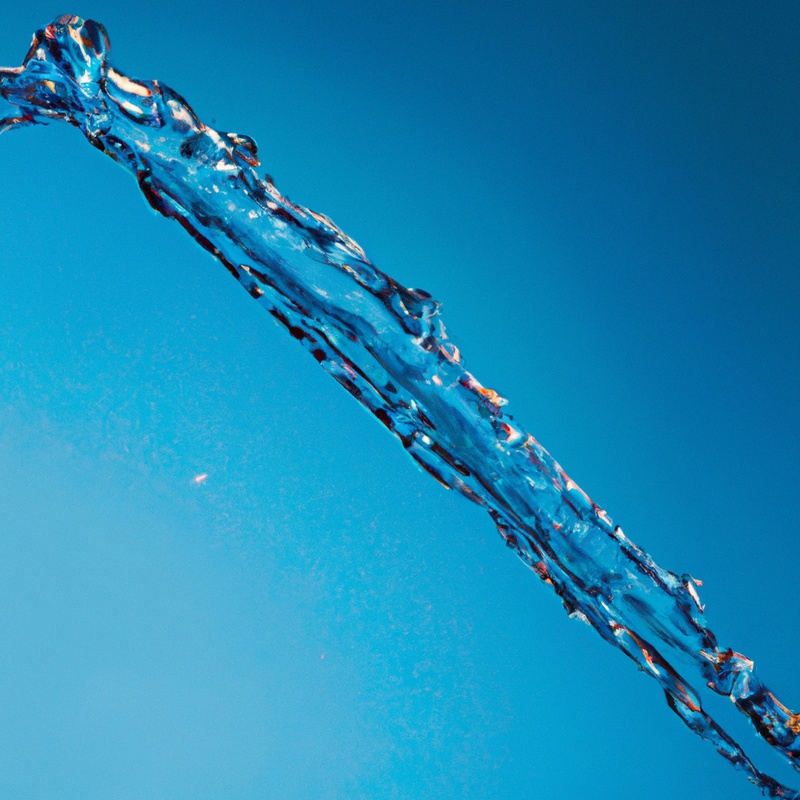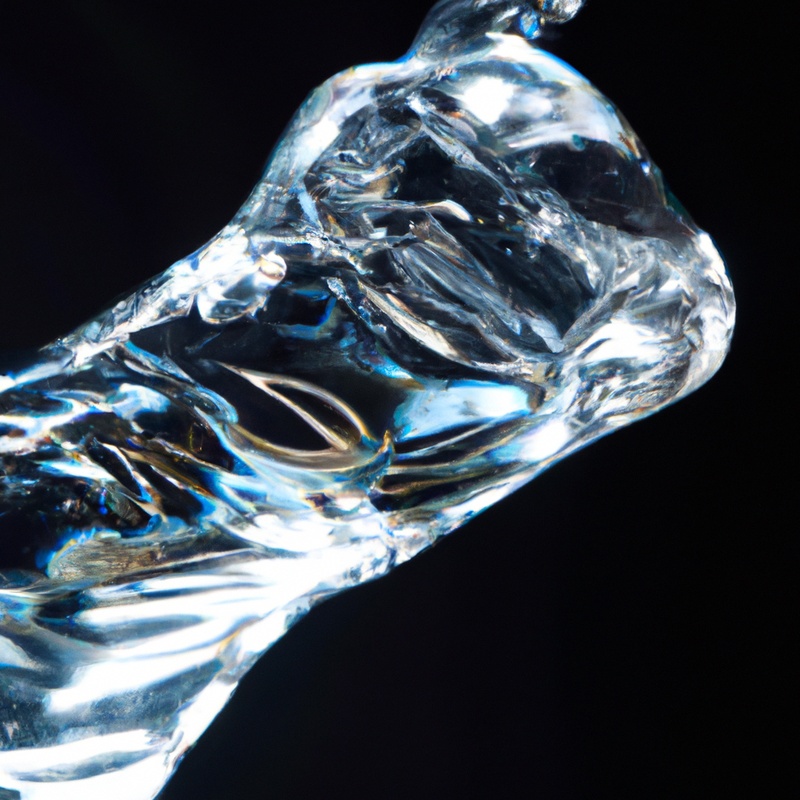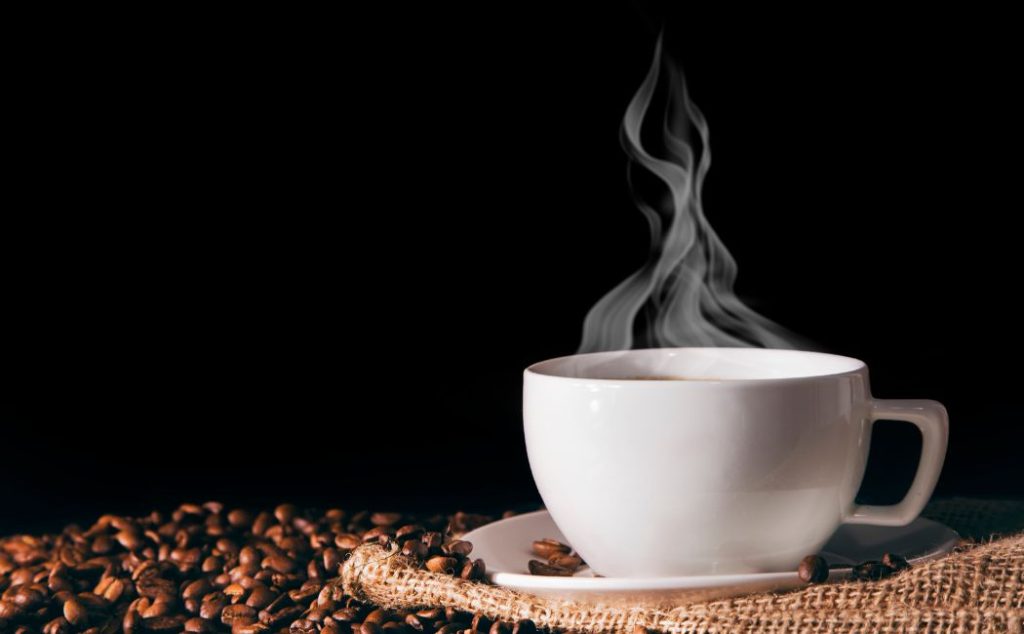Key Takeaways:
- The optimal water temperature for brewing coffee is between 195°F and 205°F (90°C to 96°C).
- Water that is too hot can lead to over-extraction, resulting in a bitter-tasting coffee.
- Water that is too cold can result in under-extraction, yielding a weak and sour coffee.
- Consistency is key – using a digital thermometer can help ensure you achieve the ideal water temperature for your coffee.
Are you tired of mediocre cups of coffee that lack that perfect balance of flavor?
Well, here’s a secret: the temperature of your water plays a crucial role in the brewing process.
Get ready to unlock the true potential of your coffee with the optimal water temperature.
In this article, I’ll guide you through the science behind how water temperature affects the taste of your coffee, the ideal temperatures for different brewing methods, and share some expert tips to help you achieve coffee nirvana.
Get ready to elevate your morning routine and sip on the perfect cup every time.
So, coffee lovers, let’s dive in!
| Optimal Water Temperature | |
|---|---|
| Temperature | Between 195°F – 205°F (90°C – 96°C) |
| Taste | Enhanced flavor extraction |
| Acidity | Reduced acidity |
| Bitterness | Minimized bitterness |
| Optimal Extraction | Complete extraction of coffee oils and flavors |
| Level of Control | Allows precise control over the brewing process |
| Equipment Requirements | Standard coffee brewing equipment can reach this temperature |
| Exceptions | Some specialty coffee beans may require slightly different temperatures |
The Importance of Water Temperature in Brewing Coffee
Water temperature plays a significant role in the taste and quality of your brewed coffee.
How Does Water Temperature Affect the Taste of Coffee?
The water temperature plays a significant role in affecting the taste of coffee. Higher temperatures, like boiling water, can extract more bitterness from the coffee grounds, resulting in a stronger and potentially harsh taste.
On the other hand, lower temperatures, such as lukewarm water, may not extract enough flavor, leading to a weak and underwhelming cup of coffee.
Finding the optimal water temperature, usually between 195°F and 205°F (90°C and 96°C), can help you achieve a balanced and flavorful brew. Experimenting with different temperatures will allow you to personalize your coffee experience and bring out the desired flavors in your cup.
Ideal Water Temperature for Brewing Different Types of Coffee
The ideal water temperature for brewing different types of coffee varies depending on the brewing method and the type of coffee beans. For most coffee brewing methods, such as pour-over or French press, a water temperature between 195°F to 205°F (90°C to 96°C) is considered optimal.
This temperature range allows for proper extraction of flavors and oils from the coffee grounds, resulting in a balanced and flavorful cup of coffee.
However, certain delicate coffee beans, like light-roasted or specialty coffees, may require slightly lower temperatures, around 185°F to 195°F (85°C to 90°C), to avoid over-extraction and preserve their nuanced flavors. Experimenting with different water temperatures can help you find the perfect balance for your preferred coffee beans and brewing method.
Remember, the water temperature is just one factor that contributes to a delicious cup of coffee, so make sure to also consider factors like coffee-to-water ratio, grind size, and brew time to achieve the best results.
Happy brewing!

The Role of Water Temperature in Coffee Extraction
The water temperature plays a critical role in the extraction of coffee. It affects the rate at which the coffee grounds release their flavors and compounds into the water.
If the water is too hot, it can lead to over-extraction, resulting in a bitter and unpleasant taste.
On the other hand, if the water is too cold, the extraction will be insufficient, leading to a weak and underwhelming cup of coffee. Finding the optimal water temperature is important for achieving a balanced and flavorful brew.
Factors to Consider When Controlling Water Temperature for Brewing Coffee
When controlling water temperature for brewing coffee, there are a few important factors to consider.
- Type of coffee: Different types of coffee beans require different water temperatures for optimum extraction. Lighter roasts generally benefit from lower temperatures, while darker roasts may need higher temperatures.
- Brew method: Different brew methods, such as pour-over or French press, have specific temperature recommendations. Ensure you are aware of the ideal temperature range for your chosen method.
- Water quality: High-quality water is essential for a flavorful cup of coffee. Avoid using water with strong odors or tastes, as it can affect the overall taste of your brew.
- Temperature consistency: Maintaining a consistent water temperature throughout the brewing process is crucial. Fluctuations in temperature can result in uneven extraction and affect the overall flavor of the coffee.
By considering these factors and adjusting your brewing process accordingly, you can achieve a delicious and well-balanced cup of coffee.
Happy brewing!
Water Temperature for Brewing Different Coffee Methods
Different coffee brewing methods require different water temperatures to achieve the best flavor.
Water Temperature for Drip Brewing
For drip brewing, the optimal water temperature is between 195°F and 205°F (90°C and 96°C). This range allows for proper extraction of flavors from the coffee grounds, resulting in a balanced and flavorful cup of coffee.
To achieve this temperature, you can bring your water to a boil and then let it cool for about 30 seconds before pouring it over the coffee.
Avoid using water that is too hot or too cold, as it can lead to under-extraction or over-extraction, respectively.
Water Temperature for French Press Brewing
For French press brewing, the optimal water temperature is around 195 to 205 degrees Fahrenheit (90 to 96 degrees Celsius). This temperature range allows for proper extraction of flavors from the coffee beans, resulting in a rich and flavorful brew.
To achieve this, you can bring your water to a boil and then let it cool for about 30 seconds before pouring it over the coffee grounds in the French press.

Water Temperature for Espresso Brewing
For espresso brewing, the optimal water temperature is between 195°F and 205°F (90°C to 96°C). This range allows for proper extraction of the coffee beans, resulting in a flavorful and well-balanced shot of espresso.
It’s important to note that using water that is too hot or too cold can affect the taste and quality of the espresso.
Achieving the right water temperature is essential for a delicious cup of espresso.
Water Temperature for Cold Brew
For a refreshing cold brew, water temperature matters.
Aim for 68-72°F (20-22°C) to extract optimal flavors without the bitterness.
Steeping time ranges from 12-24 hours, so plan accordingly.
Using cold water, coarse grounds, and a long steeping period produces a smooth and less acidic brew.
Experiment with ratios and steeping times to find your perfect cold brew balance.
Enjoy the rich, subtle flavors of a well-crafted cold brew!
Tips for Achieving the Optimal Water Temperature for Brewing Coffee
Use a thermometer to ensure you reach the optimal water temperature for brewing coffee.
Use a Thermometer
Using a thermometer is essential for achieving the optimal water temperature for brewing coffee. It allows you to accurately measure the temperature and make adjustments if needed.
Here are a few tips for using a thermometer:
- Start by calibrating your thermometer to ensure its accuracy.
- Heat the water to the recommended temperature for your desired brewing method.
- Insert the thermometer into the water, ensuring it is immersed but not touching the bottom of the container.
- Wait for a few seconds until the reading stabilizes, then note the temperature.
- Based on the brewing method, adjust the temperature accordingly.
- For example, for pour-over coffee, aim for 195-205°F (90-96°C whereas for cold brew, aim for around 35-40°F (1-4°C).
- Remember to clean and store your thermometer properly to maintain its accuracy.
Preheat Your Brewing Equipment
Preheating your brewing equipment is essential for achieving the optimal water temperature for brewing coffee.
By preheating, you ensure that the brewing process starts off on the right foot.
Start by rinsing your brewer with hot water to heat it up.
For a coffee maker, run a cycle of hot water through it.
With a French press or pour-over dripper, pour hot water into it and let it sit for a few minutes before discarding it.
This way, you’ll have a warm brewing vessel that helps maintain the water temperature throughout the brewing process, resulting in a better-tasting cup of coffee.
Utilize Water Boiling Tools
To achieve the optimal water temperature for brewing coffee, it’s important to utilize water boiling tools effectively. Here are a few ways you can do that:
- Use a kettle with temperature control: Invest in a kettle that allows you to set and maintain the desired water temperature. This ensures consistency in your coffee brewing process.
- Use a thermometer: If your kettle doesn’t have temperature control, use a thermometer to measure the water temperature accurately. This way, you can adjust the water temperature accordingly.
- Preheat your brewing equipment: Before brewing, preheat your coffee maker or pour-over equipment with hot water. This helps maintain the water temperature during the brewing process.
- Be mindful of boiling time: Pay attention to the time it takes for your water to boil. Overboiling can cause the water temperature to go beyond the desired range, affecting the flavor of your coffee.
By utilizing these water boiling tools effectively, you can ensure that your coffee is brewed at the optimal temperature, resulting in a delicious and flavorful cup every time.
Experiment with Different Temperatures
Experimenting with different water temperatures is key when it comes to brewing coffee.
By adjusting the water temperature, you can significantly alter the taste and flavor of your coffee.
For a brighter and more acidic brew, try using a higher water temperature, around 200°F (93°C).
If you prefer a milder and smoother flavor, lower the temperature to around 195°F (90°C).
Remember to make small adjustments and take note of the results each time.
With some experimentation, you’ll find the perfect water temperature for your ideal cup of coffee.
Consider Environmental Factors
When brewing coffee, it’s important to consider the environmental factors around you. Here are some key things to keep in mind:
- Temperature: The ambient temperature in your surroundings can affect the temperature of the water used for brewing. Warmer environments may require slightly cooler water, while colder environments may benefit from slightly hotter water.
- Humidity: Humidity can impact the brewing process. Higher humidity levels might slightly alter the extraction time, so keep an eye on your brewing time to ensure optimal flavor.
- Altitude: If you’re brewing coffee at a high altitude, you may need to adjust your water temperature. Due to lower atmospheric pressure, boiling point decreases, so you might want to use slightly hotter water to achieve the right extraction.
- Power fluctuations: In areas with unstable power supply, it’s crucial to have a backup plan. Consider investing in a coffee brewing method that doesn’t rely on electricity, such as a manual pour-over or French press.
By considering these environmental factors, you can fine-tune your brewing process and achieve the best possible cup of coffee based on your surroundings. Enjoy!
Frequently Asked Questions
Can I use boiling water for brewing coffee?
Using boiling water to brew coffee is not recommended.
Boiling water can scorch the coffee grounds, resulting in a bitter and unpleasant taste.
Instead, it is best to use water that is between 195°F (90°C) and 205°F (96°C).
This temperature range allows for optimal extraction of the coffee’s flavors without over-extracting any bitter compounds.
To achieve this, you can let your water cool for about 30 seconds after reaching boiling point before using it to brew your coffee.
What happens if the water is too hot or too cold?
If the water is too hot, it can over-extract the coffee, resulting in a bitter and unpleasant taste.
On the other hand, if the water is too cold, it can under-extract the coffee, leading to a weak and flavorless brew.
Finding the optimal water temperature is key for a perfectly balanced cup of coffee.
The ideal range is between 195°F (90°C) and 205°F (96°C).
Maintaining the right water temperature ensures that you extract the best flavors from your coffee beans.
How long should I wait after boiling water before brewing coffee?
After boiling water, you should typically wait for about 30 seconds to 1 minute before brewing coffee. This allows the water temperature to drop slightly, which can help achieve the optimal extraction of flavors from the coffee grounds.
Waiting too long or not long enough can affect the taste of your coffee.
Experiment with different waiting times to find the one that suits your preferences.
Does water quality affect the brewing temperature?
Water quality does not directly affect the brewing temperature but it does impact the flavor of the coffee. Hard water, which contains high mineral content, can result in a more bitter taste, while soft water may result in a more balanced and smooth flavor.
It’s important to find a balance that suits your taste preference.
Experimenting with different types of water can help you achieve the perfect cup of coffee.
Is there a specific temperature range for optimal coffee extraction?
Yes, there is a specific temperature range for optimal coffee extraction. In general, the ideal temperature for brewing coffee is between 195°F (90°C) and 205°F (96°C).
This range allows for proper extraction of the coffee’s flavors and aromas, ensuring a balanced and delicious cup of coffee.
However, keep in mind that different brewing methods may have slight variations in the recommended temperature. It’s a good idea to consult the brewing instructions for your specific coffee brewing method to achieve the best results.
Final Verdict
The water temperature plays a crucial role in brewing coffee and greatly impacts the taste and extraction of flavors. Different coffee methods require varying water temperatures for optimal results.
It is essential to consider factors such as the type of coffee, brewing equipment, and personal preference.
By using a thermometer, preheating equipment, experimenting with temperatures, and considering environmental factors, you can achieve the optimal water temperature for brewing coffee. Remember that water quality also affects the brewing temperature, so use filtered or purified water for the best results.
Ultimately, finding the right temperature will unlock the full flavor potential of your coffee.
Happy brewing!
